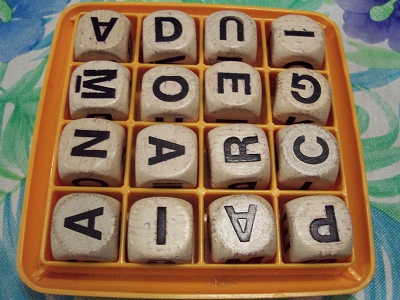I know, watching someone else eat breakfast isn’t particularly entertaining.
And looking at a photo of “Five Top Politicians” breaking the fast is no big improvement.
But humor me a bit here — I have some questions about the photo below: Read it all
Mark's Views, Perhaps — from behind my eyeballs
I know, watching someone else eat breakfast isn’t particularly entertaining.
And looking at a photo of “Five Top Politicians” breaking the fast is no big improvement.
But humor me a bit here — I have some questions about the photo below: Read it all
Welcome to today’s test of your powers of observation and deduction.
I have two mere-seconds-apart screen captures from my Dell Dimension 3000.
What do you see and learn and conclude? Read it all
Taken at the Oregon Coast on their almost-first-anniversary trip:

Please use the comment form below to offer your caption for this photo.
Welcome to Mark Roth’s brand new online game!
This is a very simple game.
Play it in the Comments below.
I’ll show you how….
That’s an l in the title; not an i.
Time for another from-real-life round Boggle. As usual, this is one played in real life by three Roths an evening back in April:
Here’s my usual reminder of how we play the game here at Ain’t Complicated:
Item 5 means do not use online sources to generate words. This rule applies only for the first two days of the game.
Remember, please: Five words per player per day.
(And tell me: Why is this post in the Health category?)
Time to launch another round! As usual, this is one played in real life by three Roths an evening (a few weeks ago by now):

Here’s my usual reminder of how we play the game here at Ain’t Complicated:
Item 5 means do not use online sources to generate words. This rule applies only for the first two days of the game.
Remember, please: Five words per player per day.
(And tell me: Where else can you plan genuine, real-from-life Boggle online, huh?)
In a good way, apparently:
UCLA Study: The Internet Is Altering Our Brains
Adults with little Internet experience show changes in their brain activity after just one week online, a new study finds.
The results suggest Internet training can stimulate neural activation patterns and could potentially enhance brain function and cognition in older adults.
[…]
“The results suggest that searching online may be a simple form of brain exercise that might be employed to enhance cognition in older adults,” Teena D. Moody, the study’s first author and UCLA researcher, said in a statement.
When performing an online search, the ability to hold important information in working memory and to take away the important points from competing graphics and words is essential, Moody noted.
Previous research by the UCLA team found that searching online resulted in a more than twofold increase in brain activation in older adults with prior experience, compared with those with little Internet experience. The new findings suggest that it may take only days for those with minimal experience to match the activity levels of those with years of experience, said Small.
So there you are. Using search engines is good for your head.
That, and playing Boggle here. So go strain your brain here and here. And don’t forget the benefits of sudoku!